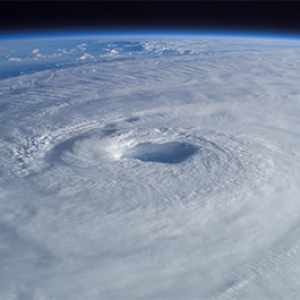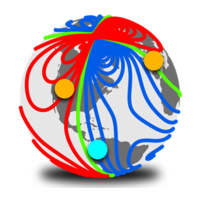NOAA Center for Artificial Intelligence (NCAI) is building a clearinghouse of open-science resources centered around artificial intelligence (AI) and machine learning (ML) for NOAA and the public that leverages standard development environments.
Learning Journey Library and Concept
NCAI’s Learning Journey library provides curated community-generated interactive learning materials. Learning journeys are short instructional modules that match user needs and skill levels. The goal is to promote environmental data science, expand AI/ML knowledge to all levels of understanding, and improve access to NOAA data, achieving the principle recommendations from NCAI’s 2021 Training Gap Assessment.
Interactive notebooks (e.g., Jupyter and RMarkdown) are the building blocks for a learning journey. A learning journey consists of a series of notebooks and each notebook outlines prerequisites and expected learning outcomes. This modularization allows individuals to engage at their level of experience and knowledge.
Tropical Cyclone PRecipitation, Infrared, Microwave, and Environmental Dataset (TC PRIMED)

This learning journey provides a step-by-step guide for using TC PRIMED. TC PRIMED aims to improve disparate data sources by consolidating forecast products into a single repository. Centered around satellite passive microwave observations of tropical cyclones, TC PRIMED contains over 197,000 overpasses of 2,300 global tropical cyclones from 1998 to 2021. It is an AI-ready dataset tailored for tropical cyclone applications.
This learning journey is contributed by the Cooperative Institute for Research in the Atmosphere offsite link (CIRA). See also: TC PRIMED project offsite link; how to use these files offsite link; dataset via NOAA Open Data Dissemination offsite link
Access TC PRIMED learning journey via NCAI GitHub offsite link
MagNet: Model the Geomagnetic Field

This learning journey provides an example of how to develop and evaluate a deep learning model for estimating/predicting the disturbance-storm-time (Dst) index, a key space weather storm indicator. It is a derived outcome of the 2020 NOAA prize competition, MagNet: Model the Geomagnetic Field, contributed by the Cooperative Institute for Research in Environmental Sciences offsite link (CIRES).
Access MagNet learning journey via NCAI GitHub offsite link

